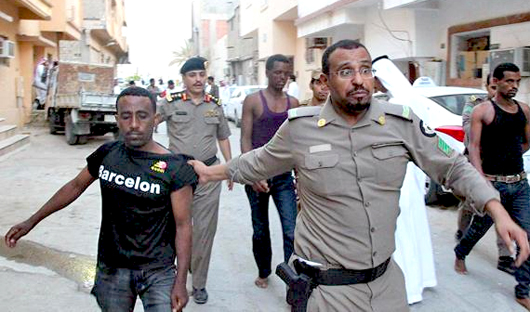The Palestinian Hamas resistance movement hands over the bodies of four Israeli captives, killed in the regime's strikes on the besieged Gaza Strip to the International Committee of the Red Cross.
The handover, part of the ceasefire agreement between Hamas and the Tel Aviv regime, was carried out in Khan Yunis on Thursday, with Hamas saying that the move reflects its commitment to consolidate the ceasefire for long-term peace in the war-ravaged Palestinian territory.
According to the movement, all four captives, a mother and her two children and an elderly journalist, were killed in the Israeli airstrikes during the 15-month genocide war that killed at least 48,284 Palestinians, mostly women and children, in the small coastal territory.
"To the families of Bibas and Lifshitz: We would have preferred your sons to return to you alive, but your army and government leaders chose to kill them instead of bringing them back," Hamas said in a statement.
"They killed with them: 17,881 Palestinian children, in their criminal bombardment of the Gaza Strip, and we know that you know who is truly responsible for their departure. You were the victim of a leadership that does not care about its children."
Hamas said the Israeli army killed the captives by bombing their detention centers, and that the regime of prime minister Benjamin Netanyahu bears full responsibility after repeatedly obstructing the exchange agreement.
"The criminal Netanyahu is crying today over the bodies of his prisoners who returned to him in coffins, in a blatant attempt to evade responsibility for their killing in front of his audience."
Hamas said it did everything in its power to protect the prisoners and preserve their lives, "but the barbaric and continuous bombing by the occupation prevented them from being able to save all the prisoners".
On Saturday, Hamas said it would also release six more live captives in return for hundreds of Palestinian prisoners that include half of the women and children abducted by the occupying regime during the genocide.
The handover came just a day after the resistance movement announced that it is ready to release all Israeli captives in a single swap during the second phase of the Gaza truce deal.
"We emphasize that the exchange is the only way to return the prisoners alive to their families, and any attempt to bring them back by military force or return to war will only result in more losses among the prisoners," Hamas said in its Thursday statement.
Israel and Hamas are currently in the process of implementing the first phase of the truce, which began on January 19. Since then, 19 Israeli captives have been released in exchange for more than 1,100 Palestinians.
After the completion of the first phase, 58 captives will remain in Gaza. The Israeli military says 34 of the remaining captives are dead.
Prior to Al-Aqsa Flood operation in October 2023, approximately 5,200 Palestinians were held in Israeli prisons. According to Palestinian officials, that number has since increased to over 10,000.
The occupying entity failed to achieve its declared objectives of freeing captives and eliminating Hamas despite killing at least 48,284 Palestinians, mostly women and children, in Gaza.
The ceasefire is divided into three phases, each lasting 42 days. In the first phase, which is currently underway, 33 Israeli captives will be freed in exchange for approximately 2,000 Palestinian detainees held in the regime’s prisons.
Despite Hamas fully committing to the ceasefire deal, Israel has restricted the delivery of humanitarian aid, including shelters, and blocked the entry of heavy machinery into the besieged strip, hindering the clearance of rubble from destroyed infrastructure.









Comments
Add new comment